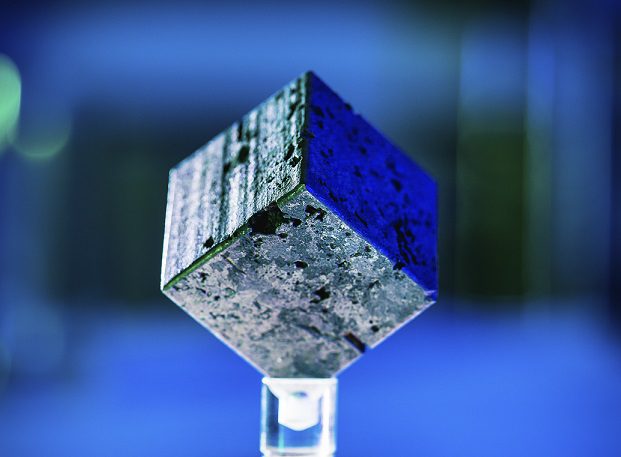Note: All submitted events must be approved before they appear in the calendar.


Profs and Pints presents: “The Hunt for Lost Nazi Uranium,” with Timothy Koeth, associate professor, and Miriam Hiebert, postdoctoral researcher in Materials Science and Engineering at the University of Maryland.
In the summer of 2013, a very rare piece of atomic history landed on the desk of Timothy Koeth, an associate professor at the University of Maryland’s Institute for Research in Electronics and Applied Physics. It was a mysterious block of uranium metal, accompanied by an intriguing note: “Taken from the reactor that Hitler tried to build. Gift of Ninninger.” The cryptic acquisition launched Koeth and Miriam Hiebert, then a graduate student there, into a years-long investigation that unfolds like a detective story.
In the waning days of World War II, U.S. authorities got their first look at the actual state of Nazi Germany’s research into nuclear physics. Rather than finding a weapons program, they discovered that German scientists had tried to build a nuclear reactor in a cave beneath a castle in Haigerloch, in southwestern Germany, but never succeeded in building a critical pile. In April 1945, U.S. troops captured 659 of the uranium cubes that had been part of this reactor experiment, and these cubes were then shipped to American by way of Paris.
What happened next is unclear. How did a uranium cube, manufactured as part of Nazi Germany’s failed attempt to build a nuclear reactor, end up in Maryland? And what happened to the other 658 cubes? Koeth and Hiebert are looking for them—and think there could be more to find in the offices and basements around Washington, D.C. and the United States. Perhaps they were melted down for refinement in the new nuclear weapons program, or perhaps they were handed out as paper-weight spoils of war! While the answer to their question is still unknown, their search has uncovered some new information about the German nuclear program and how close Nazi Germany actually got to its goal of building a working nuclear reactor. Their talk will both teach and thrill. (Advance tickets: $12. Door: $15, save $2 with a student ID. Listed time is for doors. Talk starts 30 minutes later. Please give yourself plenty of time to place an order and get settled in.)